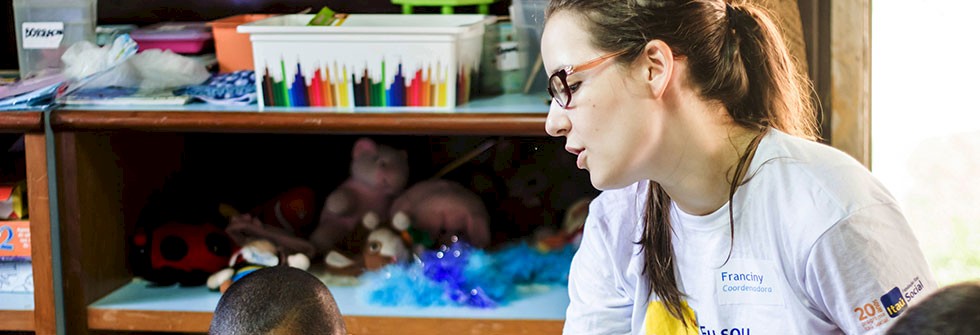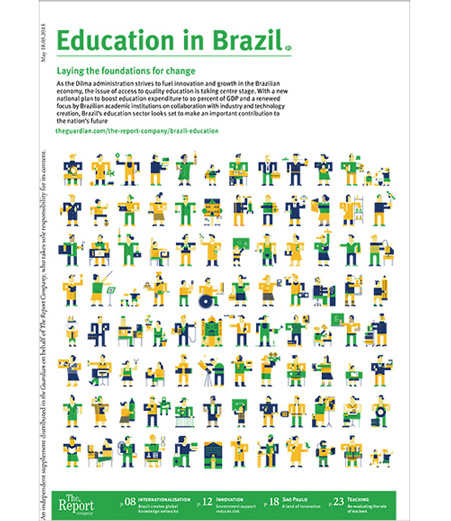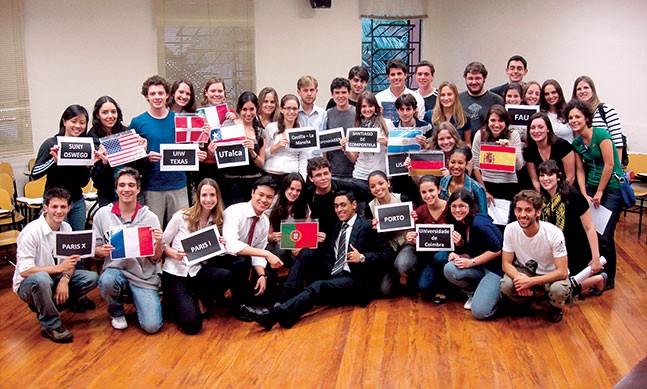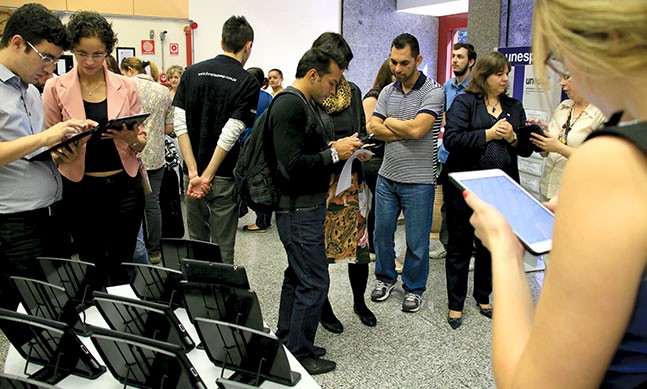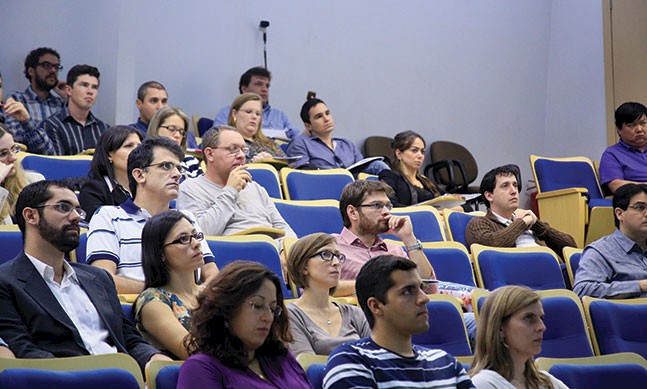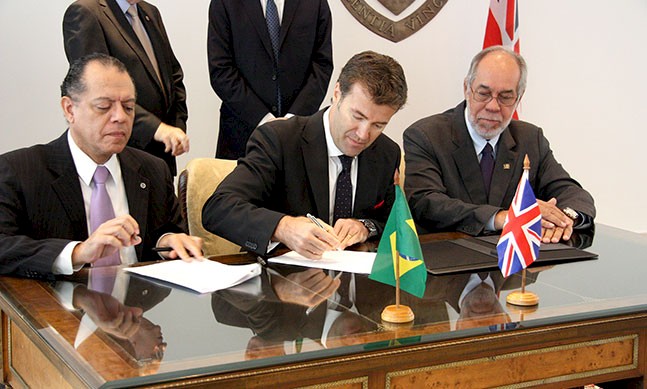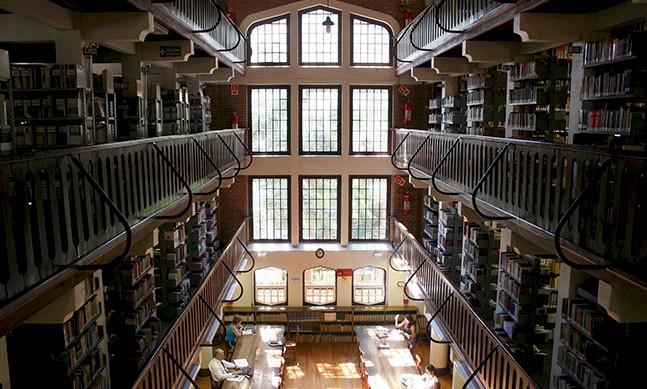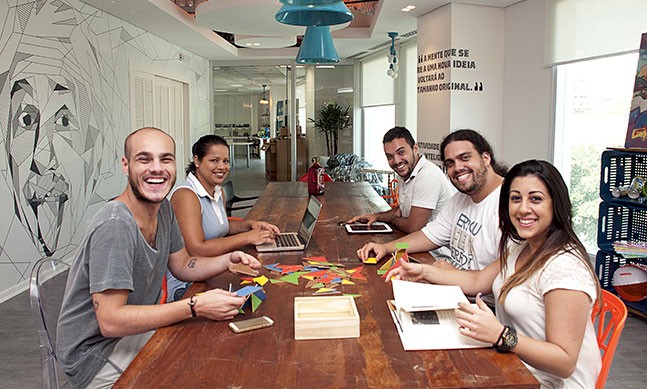Underpaid and undervalued, the teaching profession has finally been recognised as a route into the sector’s improvement all the way through the education cycle
As the Brazilian classroom has become more dynamic, the role of the teacher has changed, but for the most part their training has yet to catch up. With answers and opinions on every subject now just a mouse-click away for students, keeping the classroom relevant to their pupils is a growing concern of the teaching profession.
The term ‘knowledge managers’ is increasingly common to describe the way teachers must now administer resources, making it even harder to change a culture of Brazilian society undervaluing their role. The cumulative effect of that perspective has been a dangerous demotivation of education workers that is only now being addressed.
“Teachers need to be valued in their hearts, minds and wallets”, says Gabriel Chalita, Sao Paulo city education secretary. “That means improved, continuous training, helping them to give better classes, listening to teachers, telling them how important the teaching profession is and a salary policy that communicates to young people that a teaching career is financially attractive.”
“My mission is to make the teaching career one of the most admired in the country”
Ana Maria Diniz Director of Instituto Peninsula
Tweet ThisA key aspect of that training, through centres such as Sao Paulo’s EFAP, is the concept of teaching consultancy, the idea that a teacher’s practical experience should be directly shared with others. The demands of the new policy of inclusion and an increase in special needs students is just one critical area that few teachers are adequately trained in, and directly shared experience proves vastly more useful than theory.
Along with improved wages to make the profession at large more attractive, the government’s education plan is shaping a more reassuring future for teachers, but the obstacle of an ingrained notion of the role of the teacher remains. A key focus for Sao Paulo is blurring the boundary of school and home to engage society more with who looks after its children on the other side of the school gates.
Teaching the teachers
The Paulo Renato Costa School for the Training and Improvement of Teachers was founded in 2009 to provide ongoing training for the 270,000 education workers in the state of Sao Paulo. The first school of its kind in Brazil, it offers distance and on-site learning, virtual classrooms and videoconferencing to help fulfil the government’s goal for the continued assessment and evolution of its education sector workforce.


